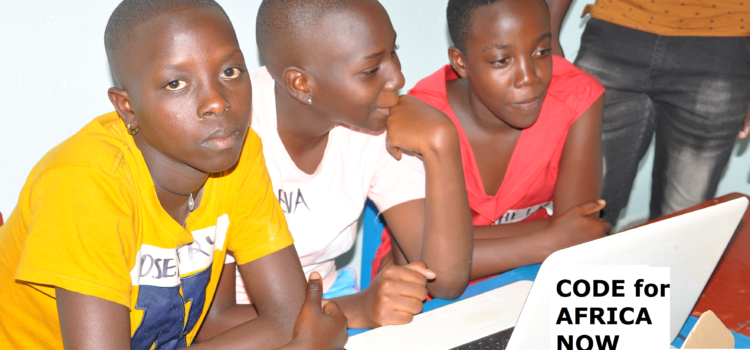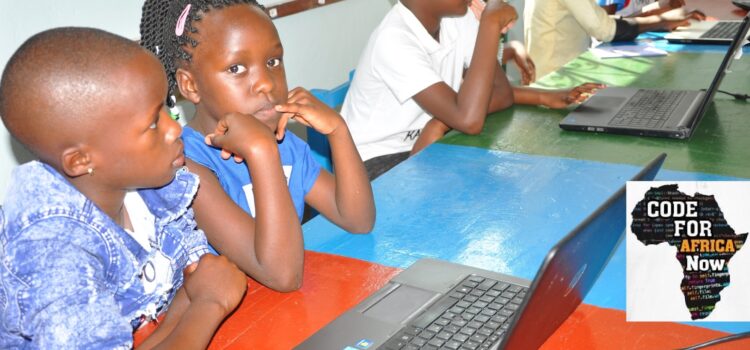Digital literacy is the key that unlocks a world of opportunities for individuals and communities in Africa. As the Fourth Industrial Revolution unfolds, the ability to navigate the digital landscape is no longer just a skill; it is a fundamental requirement for participation in the modern economy.
In many parts of Africa, there exists a digital divide that separates those who have access to digital tools and knowledge from those who do not. Bridging this gap is not merely about putting devices in the hands of people but ensuring that they have the skills to harness the power of these tools. Digital literacy programs, therefore, become the bridge that connects individuals to the vast reservoirs of information, education, and economic opportunities available online.
In the context of Africa’s tech renaissance, digital literacy empowers individuals to not only consume but also contribute to the digital ecosystem. It goes beyond basic computer skills to encompass a deeper understanding of how technology can be applied to solve local challenges. From coding workshops in urban centers to digital literacy initiatives in rural areas, the goal is to equip people with the proficiency to leverage technology for their unique needs.
Moreover, digital literacy is a catalyst for entrepreneurship. As Africa witnesses a surge in startups and tech hubs, individuals armed with digital skills can turn innovative ideas into viable businesses. Access to online markets, digital marketing strategies, and e-commerce platforms become not just possibilities but tangible avenues for economic growth. In this way, digital literacy becomes a cornerstone for fostering a culture of innovation and self-reliance.
Importantly, the democratization of information through digital literacy initiatives ensures that marginalized communities are not left behind. By providing equal access to knowledge and skills, these programs empower women, rural populations, and the economically disadvantaged to actively participate in the digital economy.
As Africa charts its course in the Fourth Industrial Revolution, investing in digital literacy becomes an investment in the continent’s future. It is the catalyst that transforms passive consumers of technology into active contributors and innovators, laying the foundation for a digitally empowered and economically vibrant Africa. The opportunities are vast, and by unlocking the doors to digital literacy, Africa positions itself to not only navigate the current technological landscape but also to shape it in ways that are uniquely transformative for its people.







Recent Comment
Governance in the Fourth Industrial Revolution: A Balancing Act
Digital Literacy: Empowering the Future in Africa